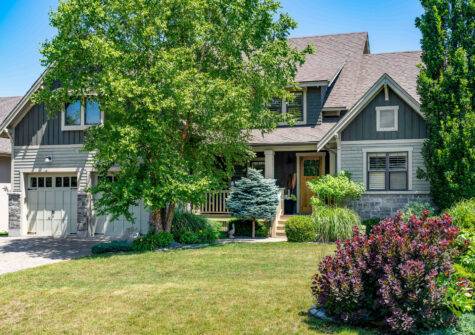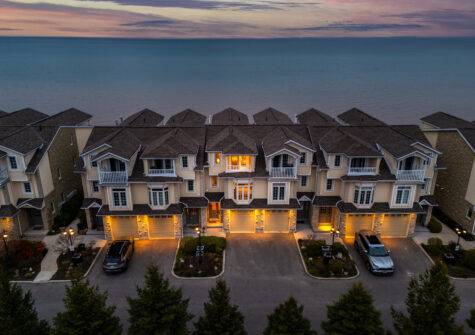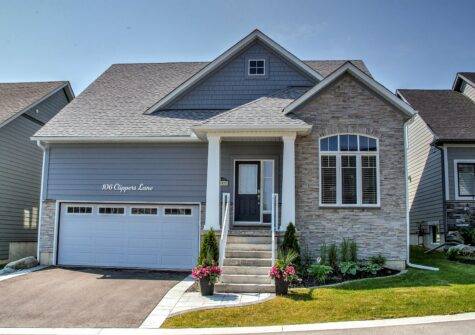By Neil Sharma
The only thing worse than the cost of repairing water damage to homes is knowing that it was preventable.
Upon buying a new home, purchasers should determine whether or not the home is waterproofed, and if it isn’t, it should be one of the first things they do. This is of paramount importance for real estate investors because positive cash flow can become tenuous if the owner is required to undertake expensive home repairs, and even renovations induced by water damage.
Such nightmare scenarios, says Terry Lisevych, Operations manager of Toronto-based Direct Waterproofing, can be avoided altogether. There’s more to waterproofing a home than sealing the perimeter to prevent water from seeping in during flash floods brought on by heavy rainfall: he says overflowing sewage pipes, unpleasant as they already are, could cause the most damage.
“In the GTA, there are particular areas that flood every year and they’re located around Midtown, like the Yonge and Lawrence and Eglinton areas, which insurance companies know about because of how many claims they get every year,” said Lisevych. “Make sure there’s a sump pump around the basement of your house because it’s a drain pump that’s situated around the perimeter of the house and leads into a well, so as it rains, instead of water sitting around it gets absorbed into these areas and then into the well. The sump pump pushes the water out.
“A backwater valve is also needed because sewage water travels through one essential pipe to the road, usually sloping down towards the street, but when there’s a huge flood, all of the water gets backed up in the city sewer and finds other pathways to come back out and occupy space. Your bathtub and toilet literally flood, but a backwater valve prevents the water from going backwards.”
Lisevych added that if homes aren’t equipped with sump pumps and backwater valves, checking moisture levels is imperative to ascertaining how much potential damage could occur, and inspecting for existing water damage is crucial.
“Inquire if a house has a sewer backwater valve, a sump pump, and if it’s been waterproofed recently,” he said.
Being incautious about potential water damage could, particularly as it relates to overburdened sewage systems forcing contents out through toilets and bathtubs, be very costly. Moreover, water is well-nigh impossible to control outside of contained piping, and bathroom renovations are sometimes consequences of busted sewage piping.
There are other reasons for bathroom renovations as well, according to Eugene Volkov, head of sales at Easy Renovation, who says real estate investors are a sizeable cohort among the company’s clientele because they often buy homes that have hidden costs, most often in bathrooms. In fact, duplexes and triplexes tend to be older homes that often have issues with things like showerheads, faucets and piping below the tiles.
“Plumbing is kind of like electricity; people can be handy but nobody wants to get electrocuted, so they call professionals to do the work. You never hear about people renovating bathrooms themselves because there’s water involved,” said Volkov. “People fix up a lot of investment properties themselves, but when it comes to bathrooms they hire contractors for a reason. They could bust a pipe and flood the entire home, for example, which can happen easily with old piping, or their sealing work might be improper. People might know a little bit about laying tiles but do they know how to make it look perfect, the way it should look?
“Bathrooms are a small area but they make a tremendous impact on the quality of your investment because renters always look at bathrooms. Make sure you inspect the shape of the bathroom and determine whether or not it will need a renovation in the near future since you will have to hire a professional and it will eat into your rental income.”





